Life
Sign up for our newsletter
We summarize the week's scientific breakthroughs every Thursday.
-
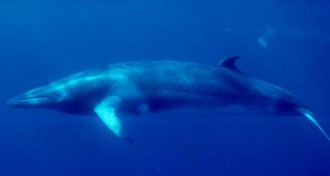 Genetics
GeneticsDNA changes may show how whales adapted to water
Comparing the genetic material of whales has revealed DNA changes that may have helped the animals adapt to aquatic environments.
-
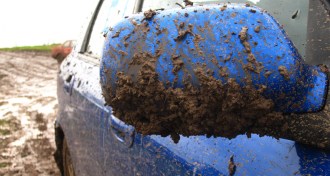 Plants
PlantsHow weeds hitchhike across the country
A drive down a muddy lane can be fun, but it can also pick up the seeds of weeds or invasive species and transport them far away.
-
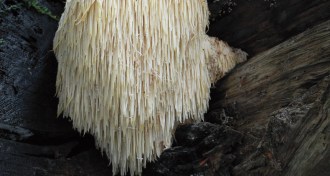 Life
LifeFungal fight club
Combat between fungal individuals is a bit like war between heaps of spaghetti.
By Susan Milius -
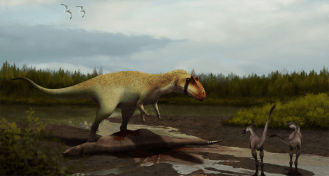 Paleontology
PaleontologyNew dinosaur species joins ranks of giant carnivores
The newly named Siats meekerorum probably roamed what is now Utah about 98 million years ago terrorizing the ancestors of T. rex.
-
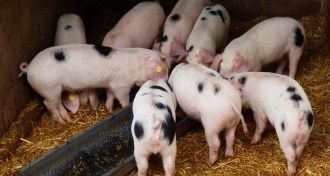 Agriculture
AgricultureProbiotics may protect piglets from E. coli infection
Beneficial bacteria could replace antibiotics in pig feed.
By Beth Mole -
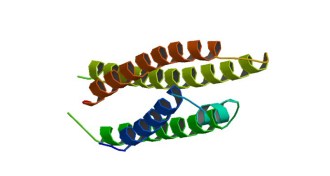 Neuroscience
NeuroscienceGene that boosts Alzheimer’s risk might protect against it too
Carrying certain genetic versions of apolipoprotein E is a major risk factor for Alzheimer’s disease. A new study looks at the effects of different types of APOE on the major markers of Alzheimer’s in mice and shows that all forms are not equal.
-
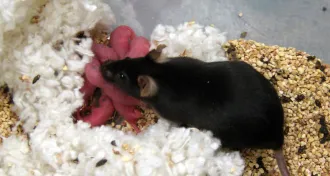 Life
LifeOnly two Y chromosome genes needed for viable mouse sperm
Healthy and fertile mice were born from embryos created using spermlike cells.
-
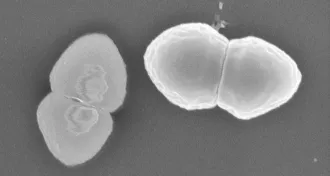 Life
LifeChemotherapy needs gut bacteria to work
Antibiotics may prevent anticancer drugs from killing tumors.
-
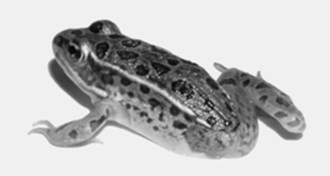 Animals
AnimalsMalformed frogs rarer than thought
Frogs with skin cysts or shortened or missing legs make up only 2 percent of the amphibians collected during a 10-year study.
-
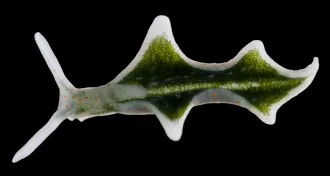 Animals
AnimalsGreen sea slugs aren’t solar powered after all
Several species of sea slugs hold on to algal chloroplasts, digesting them weeks or months later. Scientists assumed the creatures were able to use these chloroplasts to make their own food in lean times. A new study finds that at least two of the species aren't solar powered after all.
-
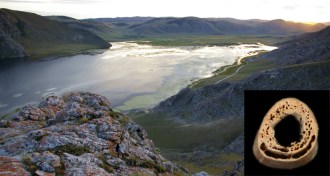 Genetics
GeneticsAncient Siberian bones clarify Native American origins
Some New World ancestors came from western Eurasia, not East Asia.
-
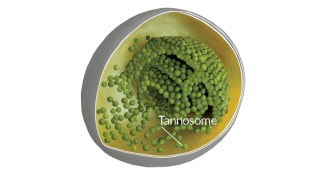 Plants
PlantsTannosome
A newly discovered structure where mouth-puckering compounds called tannins form inside plant cells.
By Susan Milius